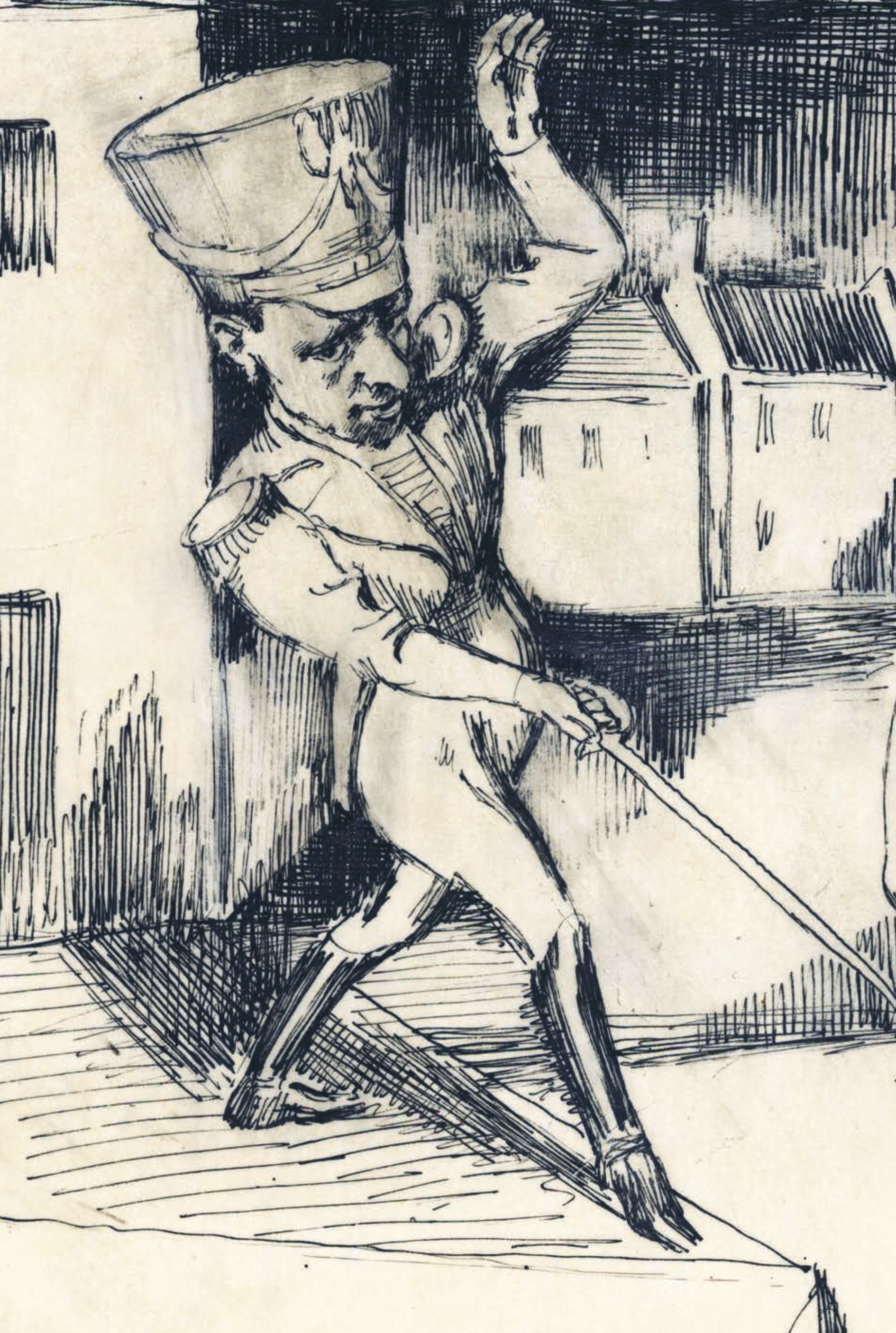Modernistyczny oniryzm w dylogii Brunona Schulza i w noweli Jak we śnie Arthura Schnitzlera
DOI:
https://doi.org/10.26881/sf.2022.19-20.05Abstrakt
A post-psychoanalytic idea of Jacques Lacan that “Other is a lack inside me” helped the author to develop her interpretive strategy of conceptualizing onirism in Schnitzler’s “Dream Story” (Traumnovelle) and Schulz’s stories collected in Cinnamon Shops and Sanatorium Under the Sign of an Hourglass. In reference to Lacan’s concepts of the Other and the Real, she interpreted the plots, meanings, and the modernist paradigm of narration and the structure of subjectivity in the texts under scrutiny. Freud and Schnitzler believed that dreams and onirism are the most effective ways to make humans’ most intimate desires come true. Schnitzler’s “Dream Story” is a literary confirmation of Freud’s theory of dreamwork: the language of dreams opens up the space for manifestations of the characters’ unconscious and for the fulfillment of the impulses of their libido. Schnitzler’s story presents a sophisticated modernist plot combined with complex composition that demonstrates the dynamic structure of dreams. The borderline between consciousness and the unconscious is blurred, and the intrusion of the latter in the former deeply changes the life of the protagonists. Schulz’s fiction does not provide any answers to questions concerning the text’s idiom which is not a territory for affirming any theories, but is an intentional, pure phenomenon supplied by the senses as a “phenomenological perception” (Edmund Husserl). Schulz’s variant of onirism is not based on any linear order of the plot but remains a free-floating phantasy, a continuous blurring of the borderline separating consciousness and the unconscious, the overt and the covert, the real and the surreal. The language of Schulz’s stories is the unconscious as such, not a space for the realization of an individual unconscious. Referring to Lacan’s categories of the Other and the Real, the author interprets onirism in the Schulzean text as overcoming the trauma of the Real and the dream as trauma.

 Uniwersyteckie Czasopisma Naukowe
Uniwersyteckie Czasopisma Naukowe





